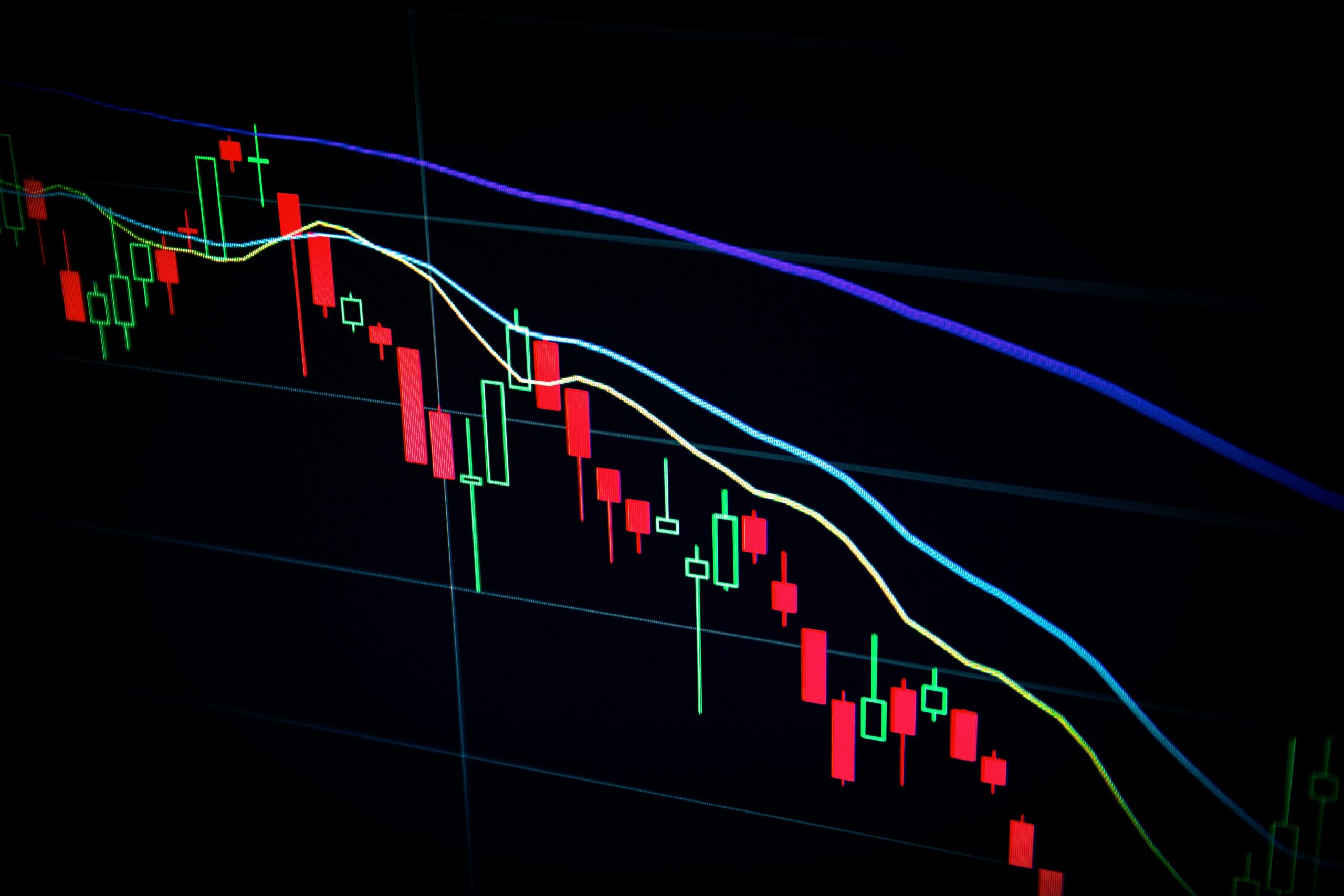The foreign exchange market (forex or FX) is the world's largest financial market, a sprawling landscape where trillions of dollars change hands every day. Yet, for many, the forex market remains a mysterious beast, its complexities veiled in jargon and the perception of high-risk trading. This article aims to demystify forex for beginners and offer a foundational understanding of what currency trading is all about.

The Basics of Forex
At its core, forex is the global marketplace where national currencies are bought and sold. It’s decentralized, which means there's no central exchange; instead, trading is conducted over-the-counter. This creates a 24-hour market where currency pairs can be traded in different time zones at any given moment.
The most commonly traded currencies are the U.S. dollar (USD), the euro (EUR), the Japanese yen (JPY), the British pound sterling (GBP), the Australian dollar (AUD), and the Swiss franc (CHF). These are often paired with other major and minor currencies to create tradeable pairs.
Currency Pairs and Exchange Rates
Each forex trade involves two currencies, the "base" currency being exchanged for the "quote" currency. For instance, in the EUR/USD pair, the euro is the base currency, and the U.S. dollar is the quote currency. The exchange rate represents how much of the quote currency is needed to purchase one unit of the base currency.
Exchange rates can be fixed by governments, fluctuate due to market forces, or float within a certain band defined by a currency's central bank. They're influenced by a range of economic and geopolitical factors, including interest rates, inflation, and political stability.
Why Trade Forex?
Forex trading can offer several benefits to investors, but it's important to note that trading involves significant risk and is not suitable for everyone. Some reasons traders are drawn to forex include:
Liquidity and Volume
The forex market's enormous scale ensures high liquidity, meaning assets can be easily bought and sold without causing significant price changes. This makes it a stable market to trade in, with most trades being executed with little or no slippage.
Accessibility
Unlike stock trading, the forex market is more accessible, requiring lower starting capital for beginners. It also boasts a low barrier to entry with many brokers offering leverage, allowing traders to open large positions with a relatively small amount of capital.
Diverse Trading Options
Within the forex market, traders can take advantage of various trading styles and strategies, including spot trades, futures, options, and exchange-traded funds (ETFs).
24-Hour Market
The market's non-stop operation appeals to traders across different time zones and those who want to trade outside of traditional market hours.
How to Get Started in Forex Trading
If you're looking to dip your toes into forex trading, here's how you can get started:
Educate Yourself
Before making any trades, it's vital to understand the market and familiarize yourself with common forex terminology. Resources such as online courses, trading forums, and books can provide a foundation for your trading knowledge.
Choose a Reputable Forex Broker
Selecting the right broker is critical. Look for one that's regulated, has a good reputation, offers a user-friendly trading platform, and provides education and analysis tools.
Develop a Trading Strategy
A solid trading strategy can help you navigate the market's volatility and mitigate risk. Whether you prefer a day trading approach or a longer-term investment plan, have a strategy and stick to it.
Practice with a Demo Account
Most brokers offer the opportunity to practice trading with a demo account. It's a safe way to test your strategies and get a feel for the market without risking real money.
Start Small and Manage Risk
When you're ready to trade with real money, start with a small investment and manage your risk with stop-loss orders and position sizing. Remember that losing is part of trading, and protecting your capital is paramount.
Stay Informed
Stay on top of economic news and global events, as these can have a significant impact on exchange rates. A well-informed trader is better equipped to make smarter trading decisions.
In conclusion, the forex market is a vast and dynamic space offering incredible opportunities for those who are willing to learn, strategize, and manage risks effectively. While it's not without its challenges, the potential rewards and the sheer scope of the market make it a compelling option for many investors. If you're considering diving into forex trading, take the time to educate yourself, start small, and always trade responsibly. Your journey into the world of currency trading is just beginning, and there's a lot more to explore and learn as you grow in the forex arena.
 icons at the top right corner of the subsection.
icons at the top right corner of the subsection.